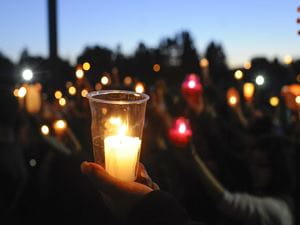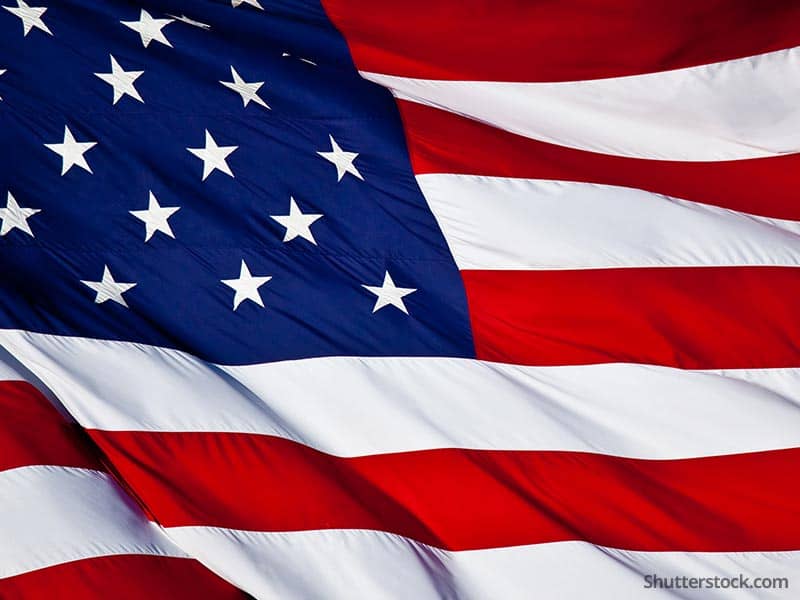
When violence, of any kind, splashes across our TV screens during the news, what is our reaction? For a moment we’re concerned. If it hits close to home, we’re afraid, overwhelmed by the thought that tomorrow it may be our daughter, our son; it may be us.
But those feelings last for a short period of time, and then, the news moves on. And so do we.
Our response when violence strikes have become eroded, not just by the influx of school shootings like Sandy Hook and Columbine. It’s almost as if our reaction to violence is on a timer. How long do we grieve before another shooting takes place? Another death?
Our emotions have numbed towards violent occurrences across the country. We might say “it’s horrible,” and it is, then slowly become apathetic to it. We become less affected by senseless shootings, less shocked. Maybe because we stop trying to make sense of it.
School shootings have been a huge concern over the past two years due to the horrific incident that took place in Newtown, Connecticut, on December 14, 2012. 20 children and six adults were killed when a gunman named Adam Lanza, who was mentally ill, stormed Sandy Hook elementary school.
It made us pause, astonished by this sudden loss of life, reminded of the teachers and other faculty members of the school who risked and sacrificed their lives to protect their students. It made us questions our role, as a country, in allowing violence to be a constant thread in American society. A frenzied discussion broke out over guns laws and school safety. “If they only had guns to protect their students,” some said. “They saw the signs. Why didn’t someone speak up,” many questioned. “We can't tolerate this anymore. These tragedies must end,” President Obama declared at a prayer vigil after the shooting.
For a while it was a cluster of voices all speaking on the issues of gun laws, gun control, and persistent violence that could no longer be ignored.
Then it was ignored. More school shootings. 34 since Sandy Hook. The news coverage wasn’t as aggressive as that day in December. Not even as Columbine. Just a minute preview of senseless violence, scared and crying faces, and on to the next story.
But unless you’re a witness to a shooting right in front of your eyes, hugging your friends and family tight after they find out you’re okay, then most people aren’t directly affected.
Because we think it’s not our reality.
So what do we do to make sure we still feel something? We recognize the lives lost. We empathize with the families, and we look at ourselves. We stop accepting the violence that plagues our country, and others. We understand that it’s our personal responsibility to see the humanity in each other.

